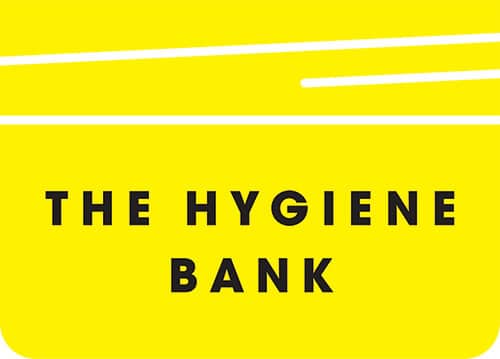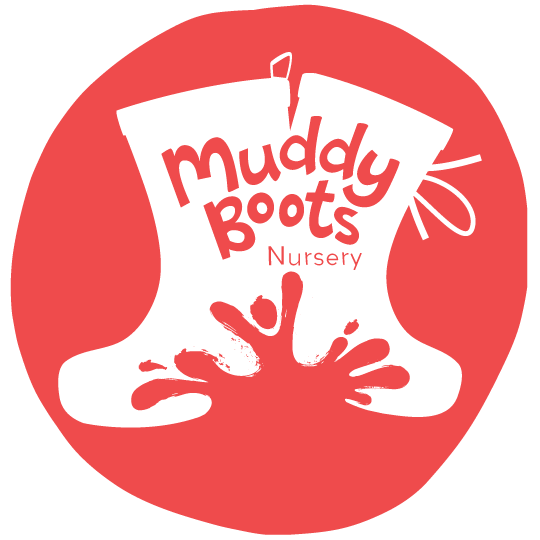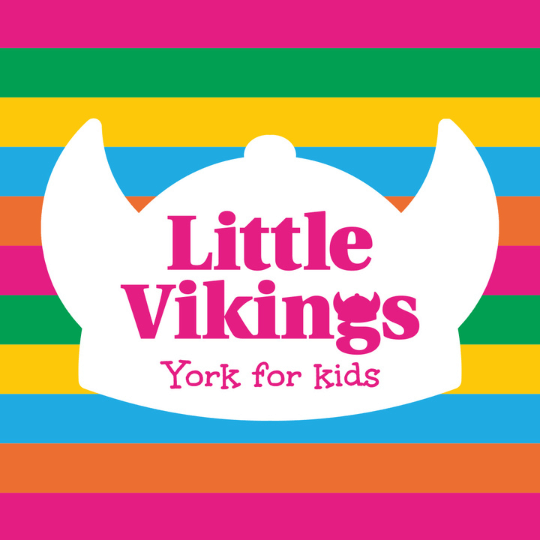What Is The Difference Between NHS And Private Dentistry?
If you’re looking for a dentist that suits your needs, look no further than our friendly York dental practice. With lots of happy, smiling faces in and around the area, we offer both NHS dentistry and private dentistry to our wonderful patients – and you could be next! Today, we’ll talk through the differences between these treatment approaches and what they could mean for you. Then, all that’s left to do is get on our books (if you haven’t done so already) and join the Blossom family.

What is NHS dentistry?
It’s a scheme that helps bear the brunt of part (and in some cases, all) of the patient’s treatment cost. It means that everyone has access to affordable care and ensures people can look after their smiles properly.
What is private dentistry?
It covers the same basic care as NHS dentistry, but there are some huge advantages to private treatment. You have more of a say in your care (for example, choosing the material used in a filling) and a wider choice of treatments (think cosmetic procedures, like teeth whitening and cosmetic composite bonding). You might also be seen more quickly for treatment.
What does NHS dentistry cover?
It involves a tiered payment scheme, where treatments are either classed as band 1 (the cheapest tier, for the most basic care), band 3 (the most expensive tier for the most complex treatments) or band 2 (somewhere in the middle). In 2022, the treatment bands cost £23.80, £65.20 and £282.80. If you’re looking for NHS treatment, always check the NHS website first so you know the most up-to-date prices.

What if I need more than one treatment?
It depends on how far apart these are, so it’s best to ask your dentist.
What about emergency dental care?
On the NHS, urgent care is classed as band 1. But, if you need a follow-up treatment relating to this, the normal charges apply. Again, speak to your dentist if you’re unsure.
Why is private dentistry more expensive than NHS dentistry?
Private dentists aren’t tied into really tight budgets like the NHS is. This means more choice, and sometimes better materials. You’re also paying for experience and expertise, particularly as some treatments need to be carried out by a specialist.
Can I get free NHS dentistry?
Currently, the criteria for free NHS dentistry is those who are:
- under 18, or 19 and in full-time education
- pregnant or had a baby in the last 12 months
- being treated in an NHS hospital by the hospital dentist (but you may have to pay for any dentures or bridges)
- receiving low-income benefits, or are under 20 and a dependant on someone receiving low-income benefits
What’s my next step?
Why not give us a call and see which option is best for you? Contact our York dentists to find out more.










 2 dental health examinations per year
2 dental health examinations per year